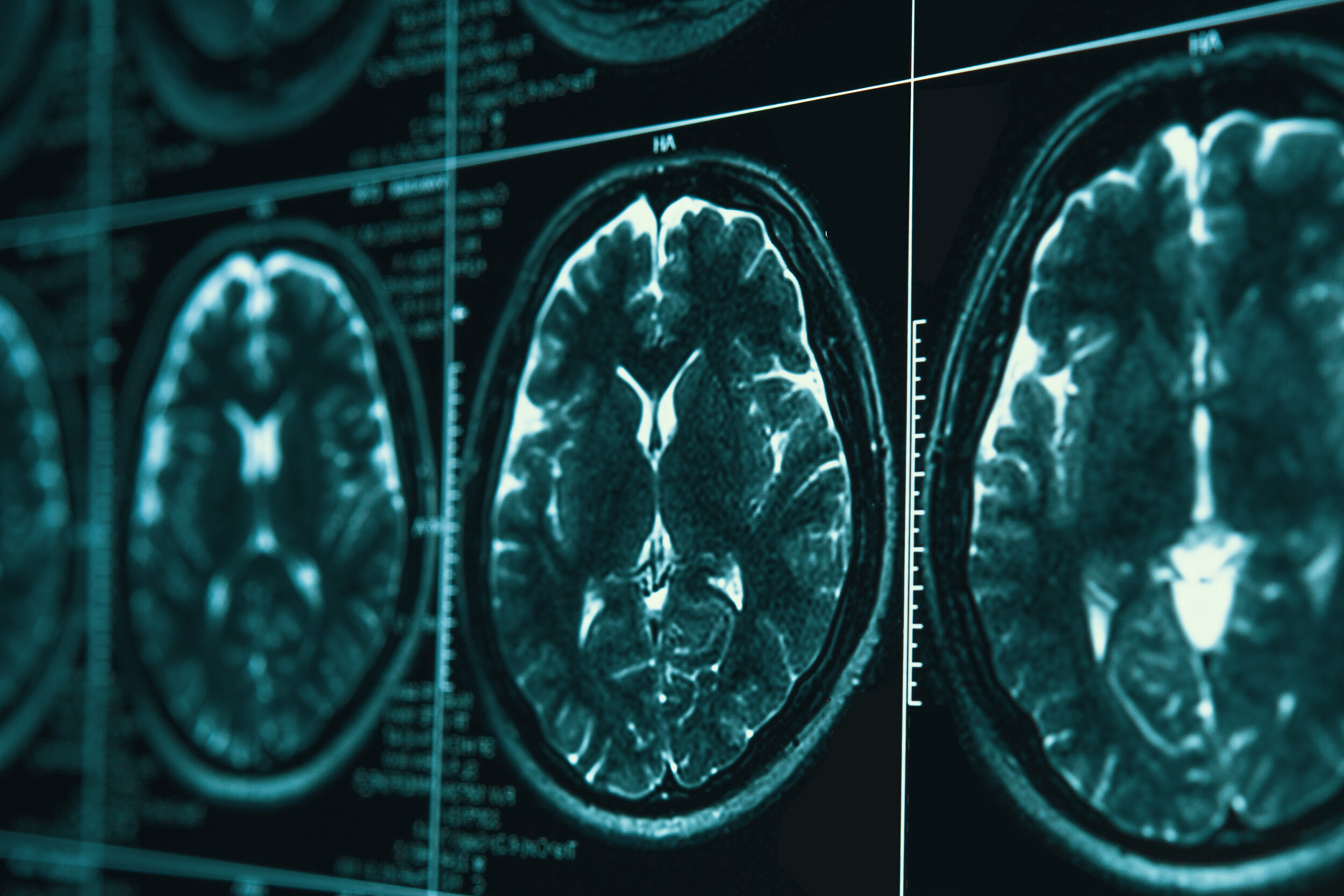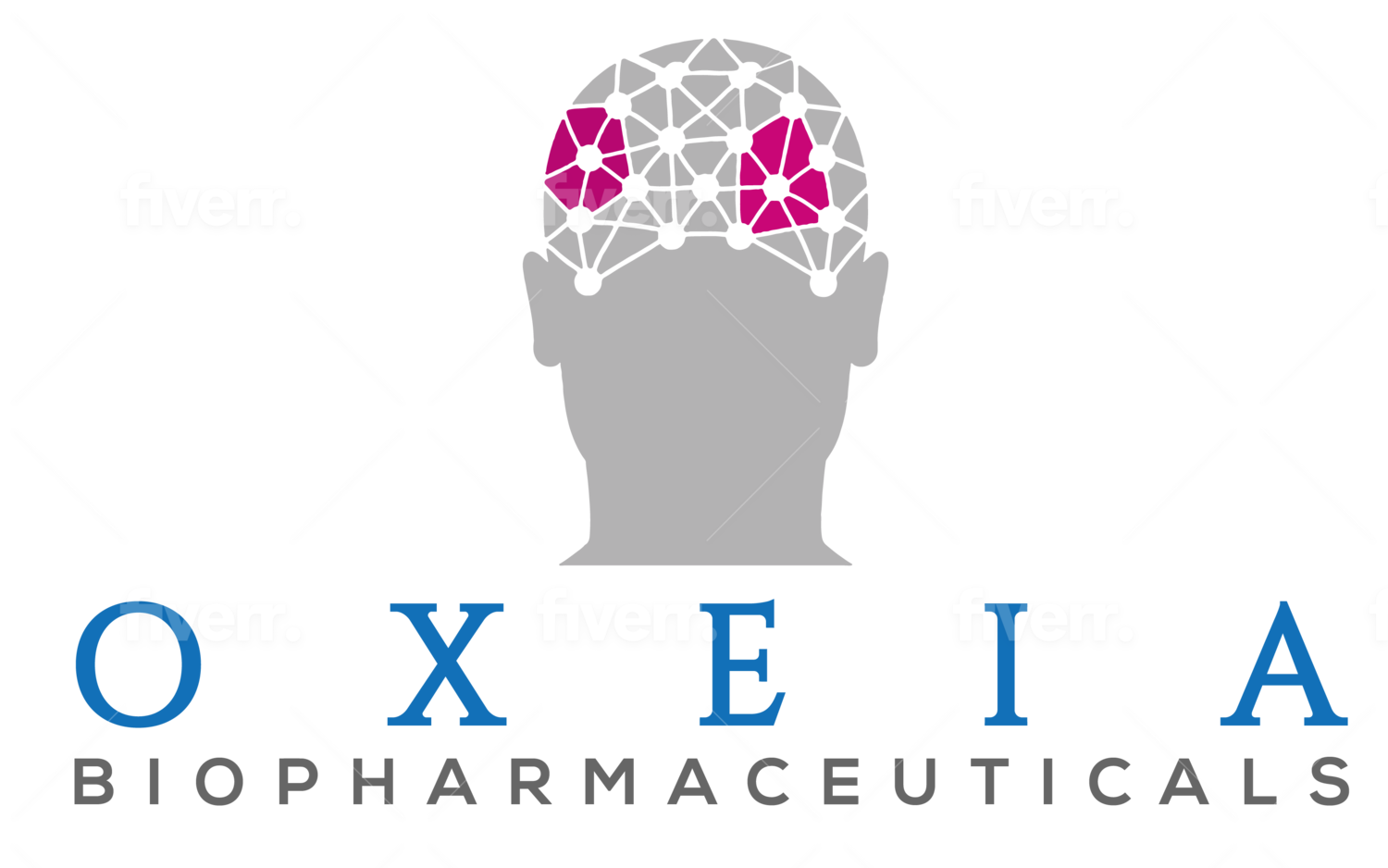The Science of Concussions
There can be significant damage even after a single concussion.
Modern science largely ignored the study of concussions while making great advancement in other areas of medicine. Recently researchers started to examine concussions and focus on finding a treatment for this condition. Oxeia is among a limited group of biopharma companies making advancements in this field.
Concussions and neurodegeneration share a common molecular pathology including acute-mitochondrial dysfunction where the ability of the mitochondria to convert food into energy for the brain is disrupted. This leads to a prolonged “energy crisis” in the brain that can cause neuronal damage. Now that we know this, we can start to address the design and development of potential therapeutics.
Concussions occur from a direct or indirect blow to the head which causes widespread activation of brain cells throughout the brain. This activation results in a profound depletion of energy that is necessary for normal brain function. In addition, the rapid, forceful movement of the brain during impact stretches the wiring of the brain resulting in disruption of information flow between different areas of the brain. If the body is not able to restore normal function within hours to days of the injury some of this damage may result in long term persistent effects.
A number of experimental drugs have already been tried, but all have proved ineffective. And to date the U.S. Food and Drug Administration has not approved any drug that is specifically aimed at concussions.

“There have been dramatic advancements in so many areas of medicine, but treatment for concussions is still primitive and focuses on the symptoms and not a cure. At Oxeia, we are developing a drug to treat the symptoms of a concussion and the underlying damage. Studies have shown that animals with a brain injury or neurodegenerative disease that were treated with ghrelin have improved physiomotor function and cognition – in other words they showed less brain damage after treatment than those receiving no treatment. Our Phase 2a human trial showed success in reducing concussion symptoms in participants receiving OXE103.”
Dr. Vishal Bansal
Co-founder and Chief Scientific Officer, Oxeia Biopharmaceuticals and
Director of Trauma Surgery, Scripps Mercy Hospital, San Diego

